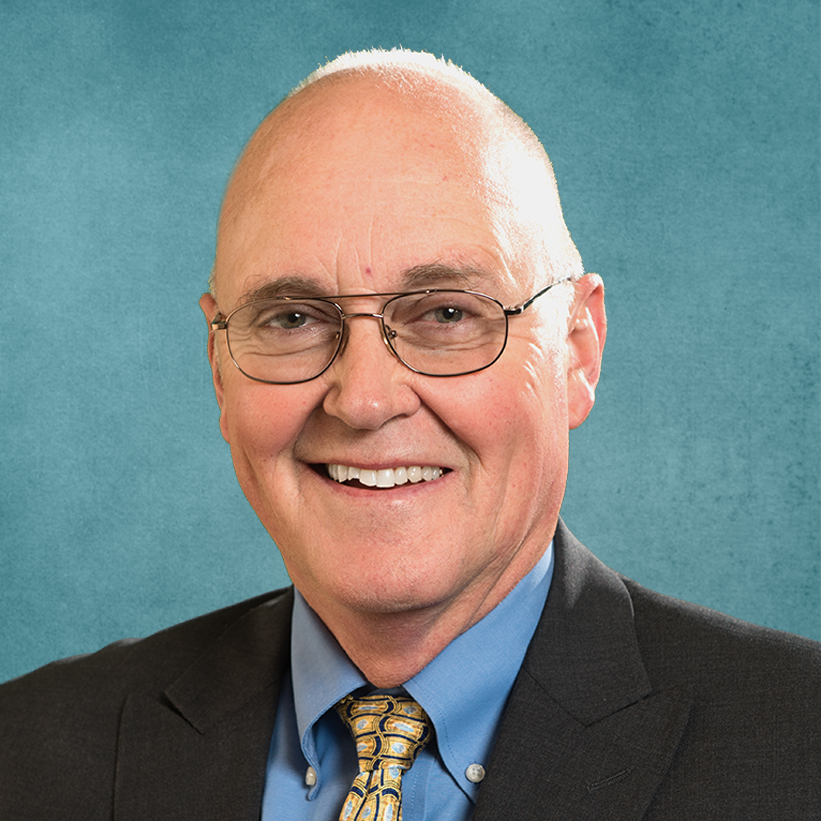Guest Column: How to evaluate your legislator
Published 12:30 am Tuesday, December 15, 2020

- Dick Hughes
How good is your legislator?
Trending
It’s difficult to know.
Two key metrics play into that evaluation, and neither occurs in the public eye: 1) How effective the legislator is in influencing other lawmakers on bills and public policy, and 2) How effective the legislator and staff are with constituent service, such as helping solve problems with state agencies.
Today seems an appropriate time to raise this topic, as lawmakers gather by phone and videoconference for committee meetings, prepare for a potential special session and head toward the start of the 2021 Legislature, when a number of new lawmakers will take office.
Trending
Having been around the Oregon State Capitol for several decades, I offer these suggestions for how NOT to evaluate legislators, or members of Oregon’s congressional delegation, either:
• By what they say in their newsletters, press releases and public appearances. Lawmakers sometimes claim key roles in legislation despite having had little effect on the actual product and the outcome, other than voting. Yes, that is akin to team projects in the workplace or in school.
• Their promises to do whatever they can on a piece of legislation or policy. While their vow may be well-intended, their success depends on their political and personal clout.
• Their floor speeches. Their words may be inspiring, they may please specific constituencies and interest groups, they may produce great campaign material, but they rarely change minds.
• How many bills they introduce. The majority of bills don’t make it through the Legislature. Many are introduced solely to please a constituency, and the sponsoring legislators know the bills have no chance. Sometimes, however, bills are introduced as a means of gaining traction with an issue over time.
Lawmakers may consider limiting bill introductions for the 2021 session, as state House Speaker Tina Kotek, D-Portland, has suggested previously.
• Whether they vote the way you like. Some legislation and some issues are clear-cut. But most are a complicated mix of imperfections. A thoughtful legislator must decide whether the good outweighs the bad.
Here are suggestions for HOW to evaluate lawmakers:
• Whether they keep their word.
• How well they work with their city, county and school officials to address local issues that require changes in state law or intervention with state agencies.
• How they treat others, especially in public hearings.
• Whether they recognize their mistakes, publicly admit them and learn from them.
• Whether they have the fortitude to act independently instead of blindly following a party line.
• Whether they look for common ground or make themselves irrelevant.
• Whether they dig into specific issues where they can have an impact, instead of trying to be all things to all constituents.
• What legislative staff and colleagues, from both major parties, say about them when speaking candidly.
• What motivates them.
• What you hear from others about their constituent service.
Character, competence, experience and potential are key criteria in such evaluations. Humility is an asset. Ideology is far down the list.
Here are two examples of lawmakers — one federal and one state — who similarly altered my understanding of political effectiveness.
The first is former 5th District Congresswoman Darlene Hooley of West Linn, a Democrat. For years, she seemed known for being invisible on major congressional issues. But she and her staff provided excellent constituent service. Over time, I realized Hooley didn’t need the limelight that others sought. Instead, she concentrated on issues where she could affect meaningful change, including identity theft and data privacy.
Second is the late state Rep. Vic Gilliam, R-Silverton. Beneath his actor good looks, sonorous voice and quick wit was a man of deep conviction and compassion, a politician who genuinely wrestled with political decisions. I initially underestimated him. Like Hooley, he had the capacity to zero in on issues overlooked by others, such as elder abuse, and make progress by working across party lines. I admired Gilliam for admitting when he’d been wrong, such as when he criticized Senate President Peter Courtney on the House floor.
Gilliam, who had ALS, also known as Lou Gehrig’s disease, died in June. He was beloved and respected by his House colleagues, regardless of their political party.









